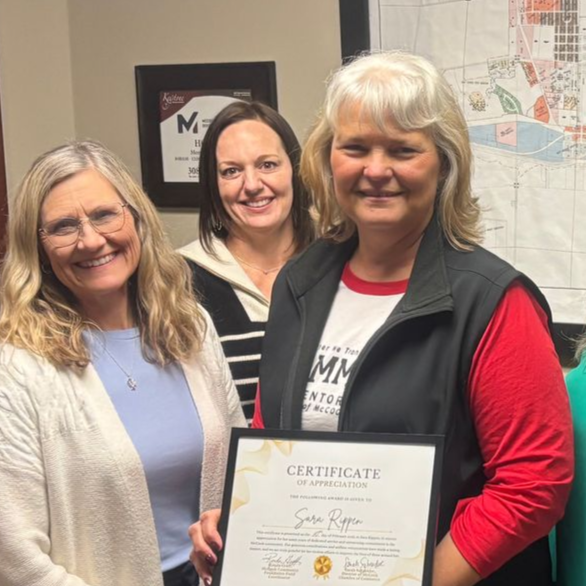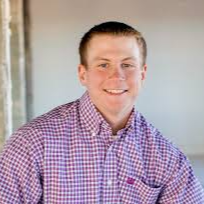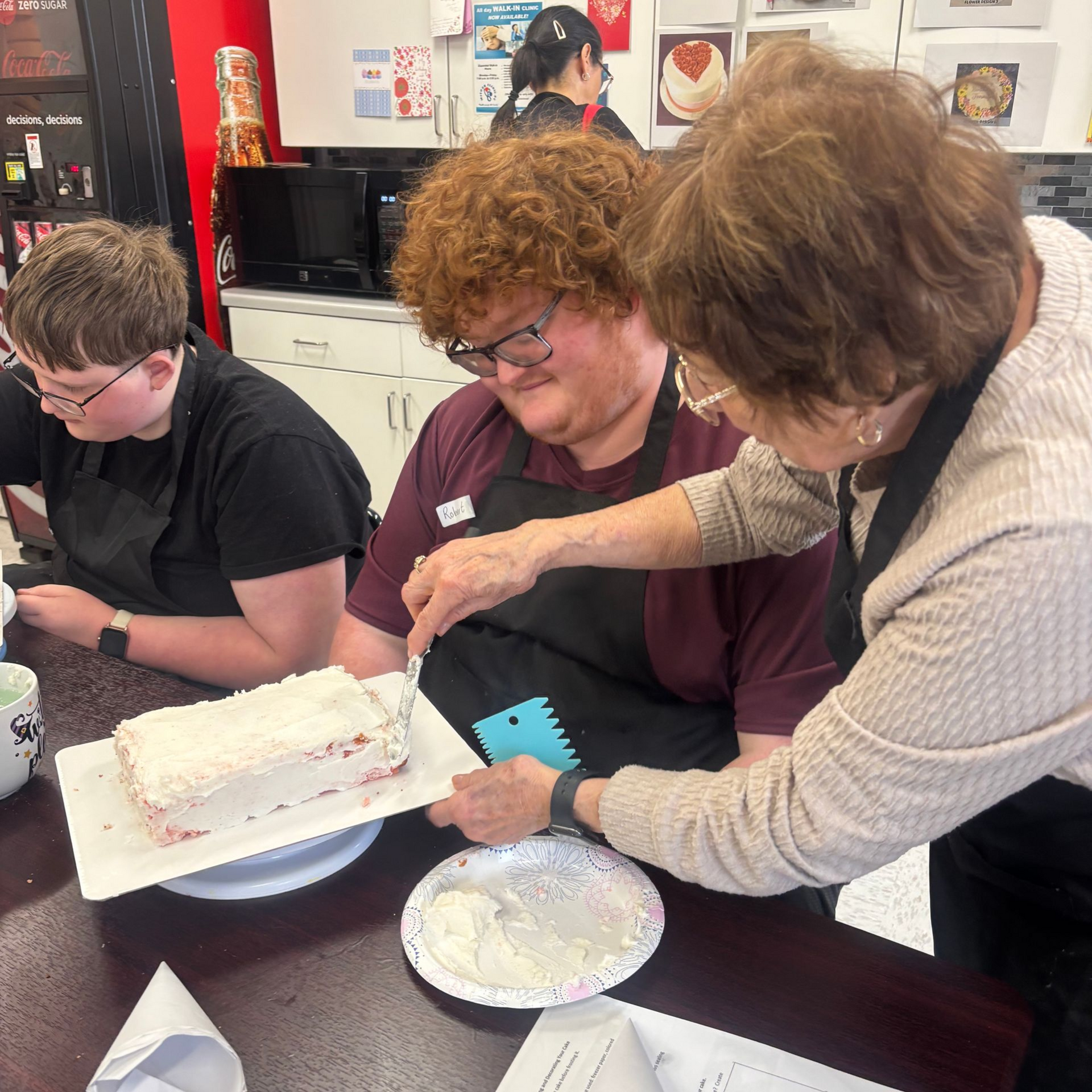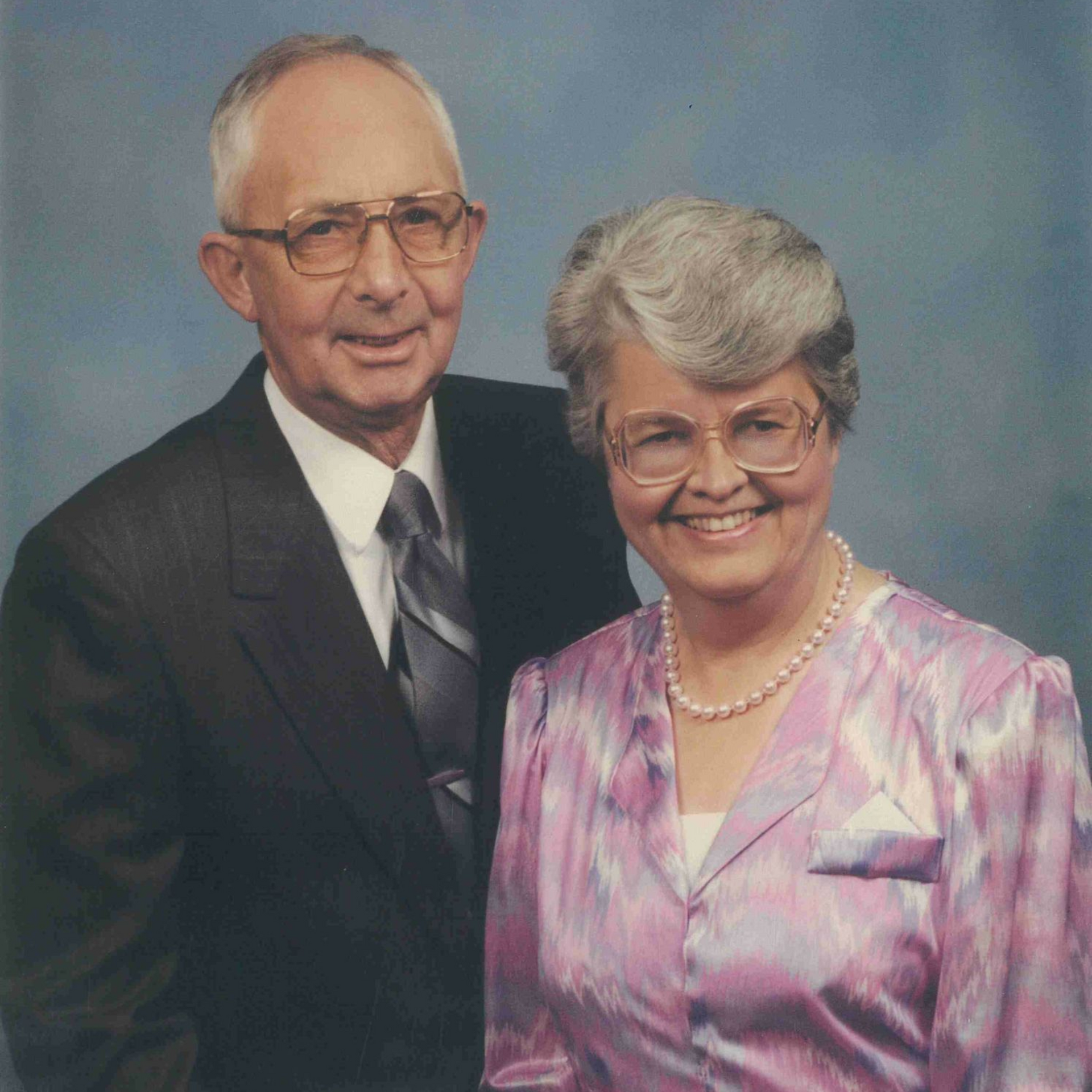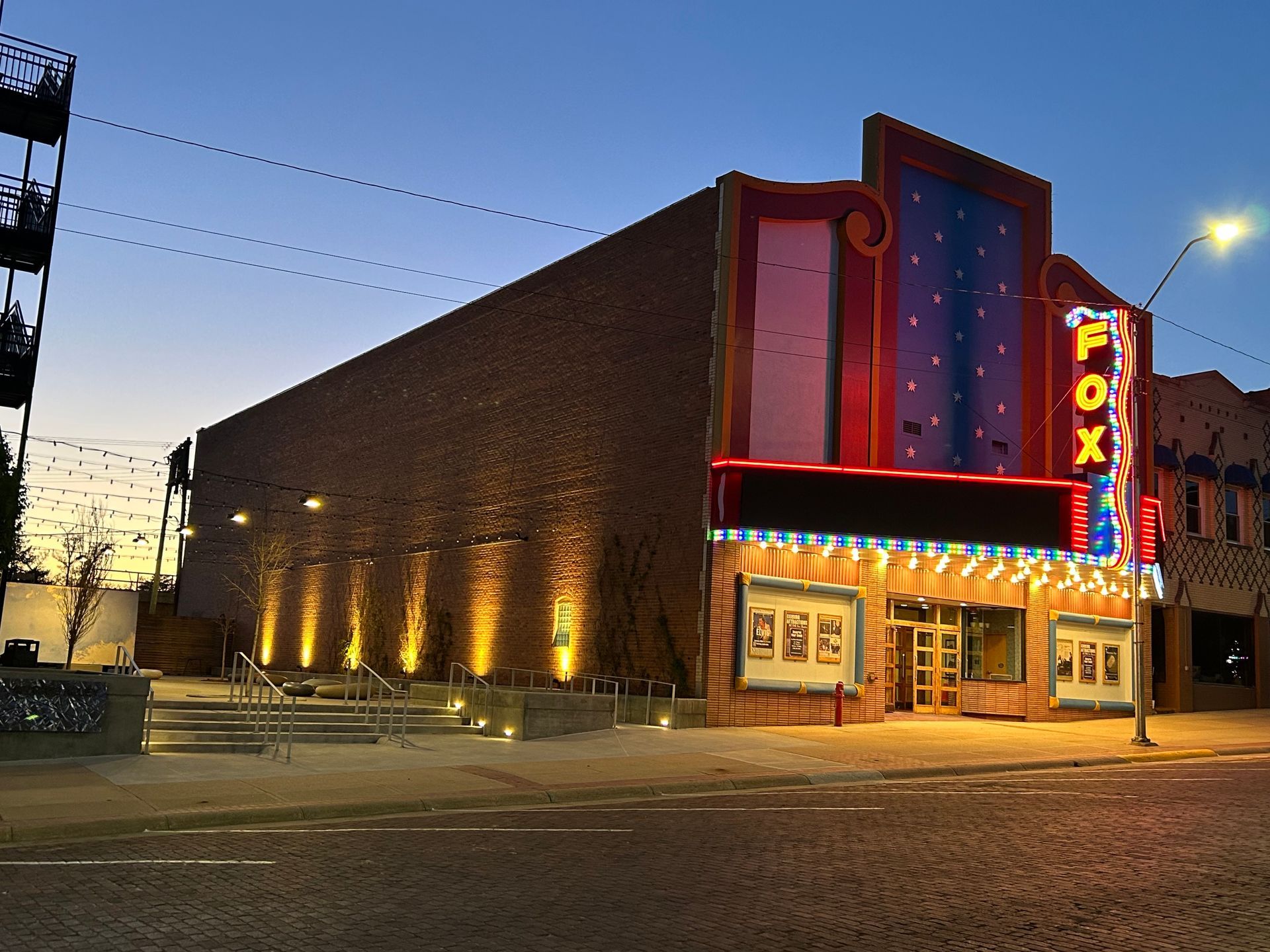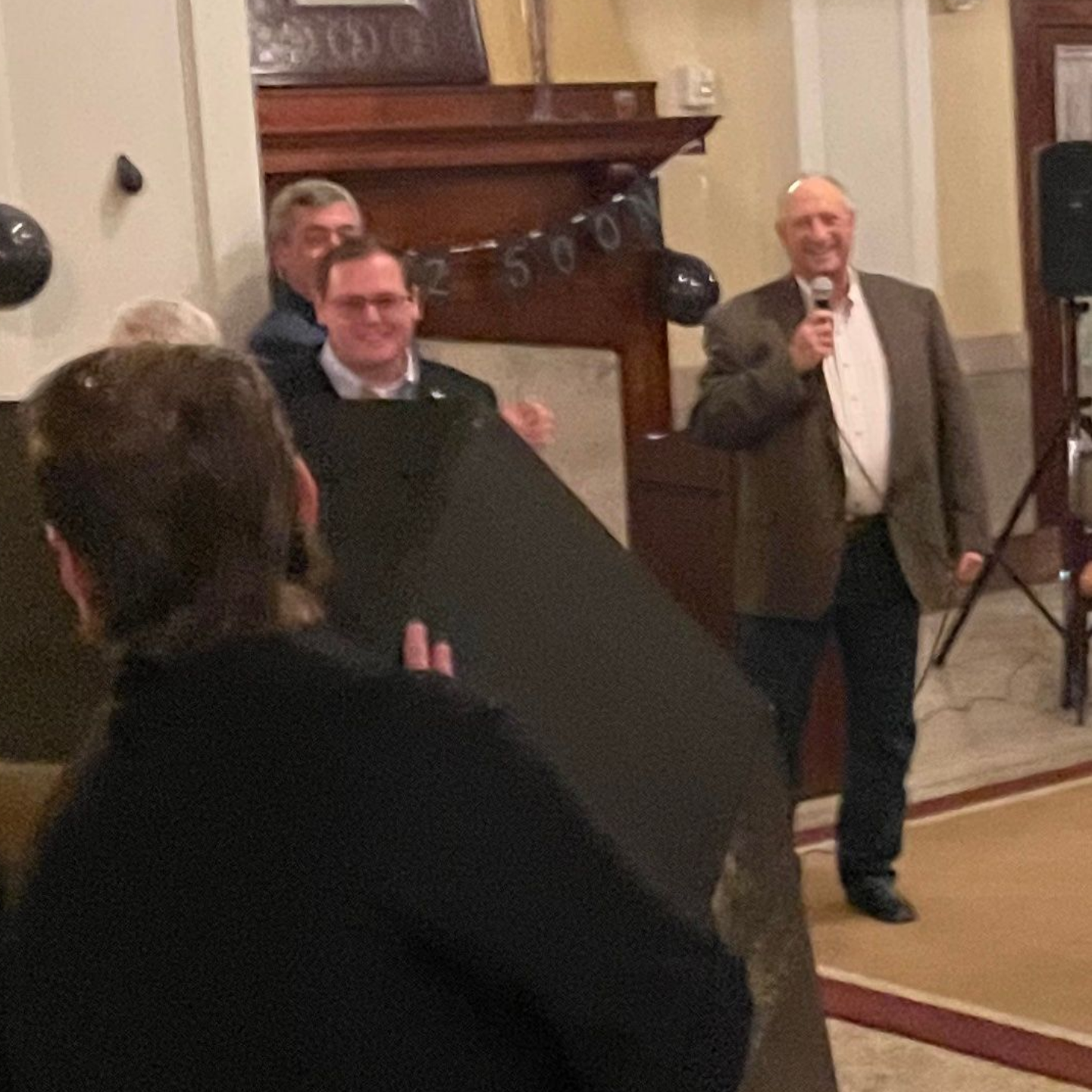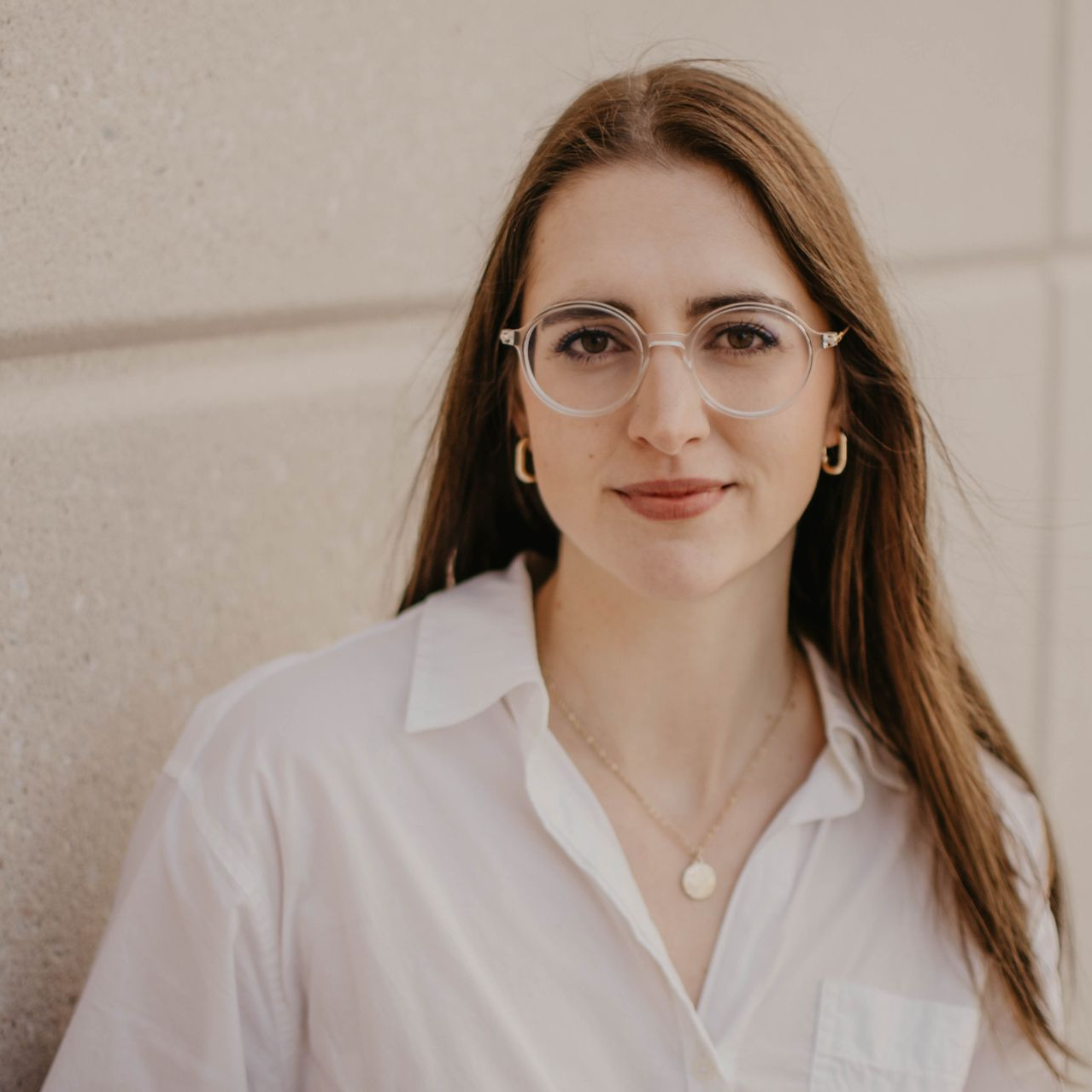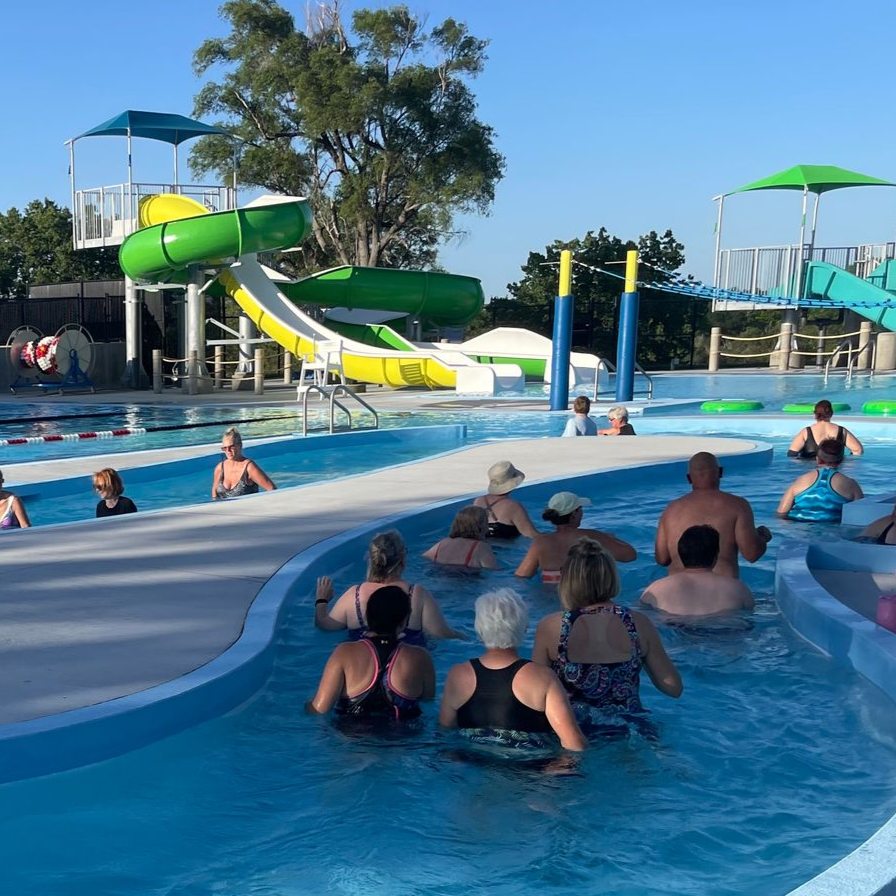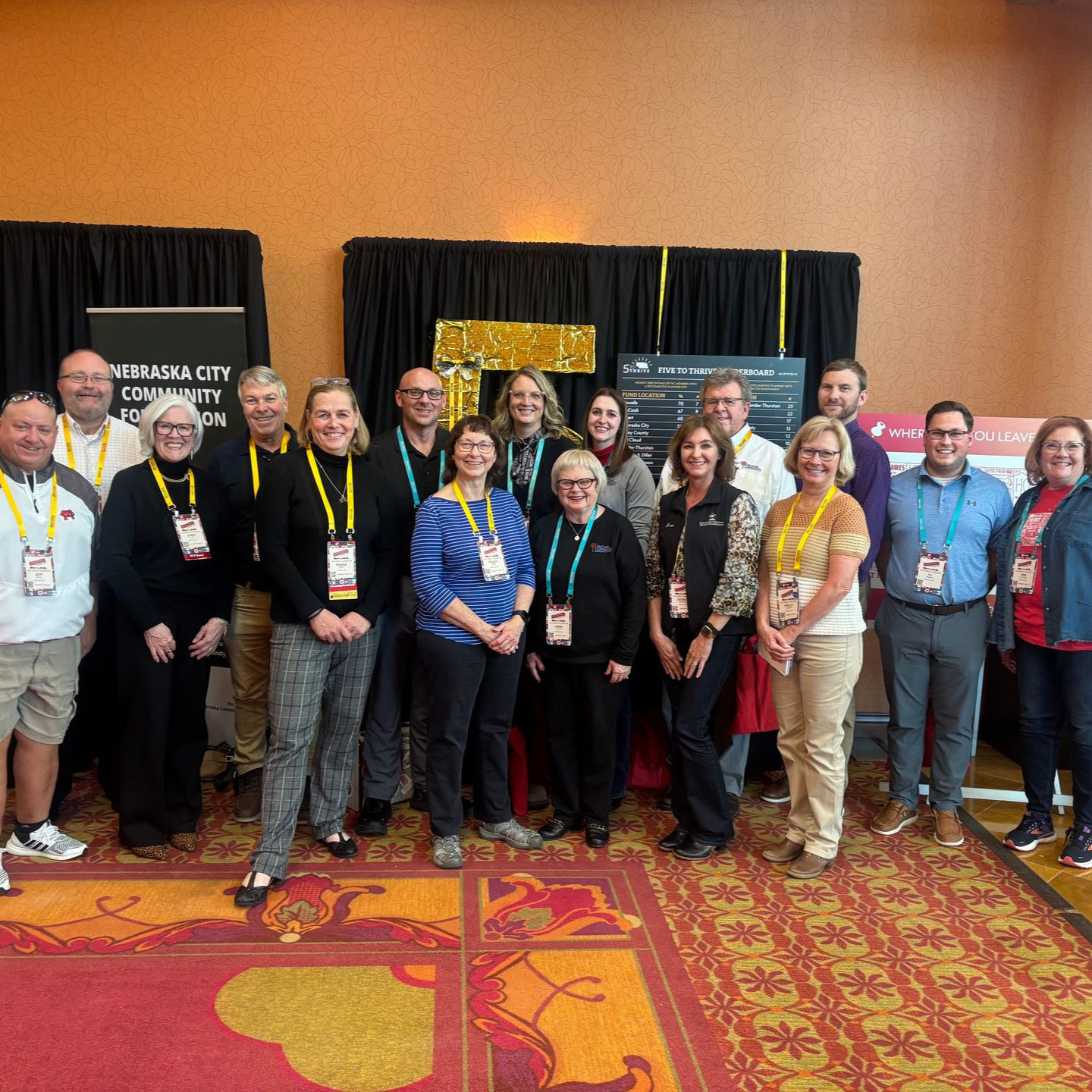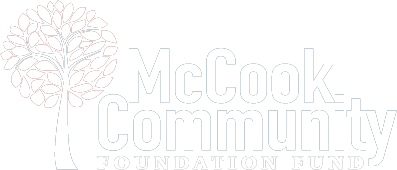It seems like everything we talk about these days are big and audacious, whether it is building a new aquatic facility for our community or the lack of affordable housing.
And while these larger issues do need to be addressed, we sometimes forget that the little things matter. Small decisions we make everyday add up to create how our community feels to both us and to others. Daily actions determine the future of our community and ultimately, the quality of life for ourselves, our families, our friends, and our neighbors.
In “This Is Where You Belong,” Melody Warnick offers up advice about finding and creating the place you want to call home. And these are not grand, sweeping gestures but rather small, daily actions which really can make a difference:
- Walk more
- Buy local
- Get to know your neighbors
- Do fun stuff
- Explore nature
- Volunteer
- Eat local
- Become more political
- Create something new
- Stay loyal through hard times
None of these concepts are earth-shattering but are rather common sense. Nor are they hard to do but are rather doable if you make a conscious decision to do them.
Attend a government meeting and find out where your taxes are going. Explore nature by strolling along the walking trail or visiting one of the many nearby lakes. Reach out to volunteer in something that interests you or could benefit from your expertise and enthusiasm.
Your actions don’t even have to be that big. Do you pick up trash if you see it laying on the sidewalk even though you didn’t drop it? Do you smile and say “Hi” to people as you are walking down the street? Do you plant flowers in your yard?
All of these actions add up to create a welcoming and inviting community that people want to call home.
But the first item - walk more - may be the easiest yet the most important item on the list. Why? Because by simply getting out of your vehicle and walking helps you to get to know your community. You see things you won’t see whizzing by at 30 mph. You meet people you wouldn’t meet if you are behind a windshield. You see up close and personal what needs fixing in your community but more likely, you see what is already great in your community.
While the weather is soon going to be taking a turn toward colder temperatures, don’t let that deter you from taking a nightly stroll or getting up early to walk to work.
I came across a quote about time travel the other day. While not word for word, the gist was that people are afraid to travel back in time because they are afraid some small change they might do may alter the course of history. And that may be true.
But it’s also just as true moving forward. Some small change you may do may alter the course of the future.
Each of us has the opportunity to take the small actions which add up to make our community what we want it to be. Can you imagine what would happen if each and every one of us did one small thing every day to make our community better than it was the day before? I am betting we would make McCook an even better place to call home.
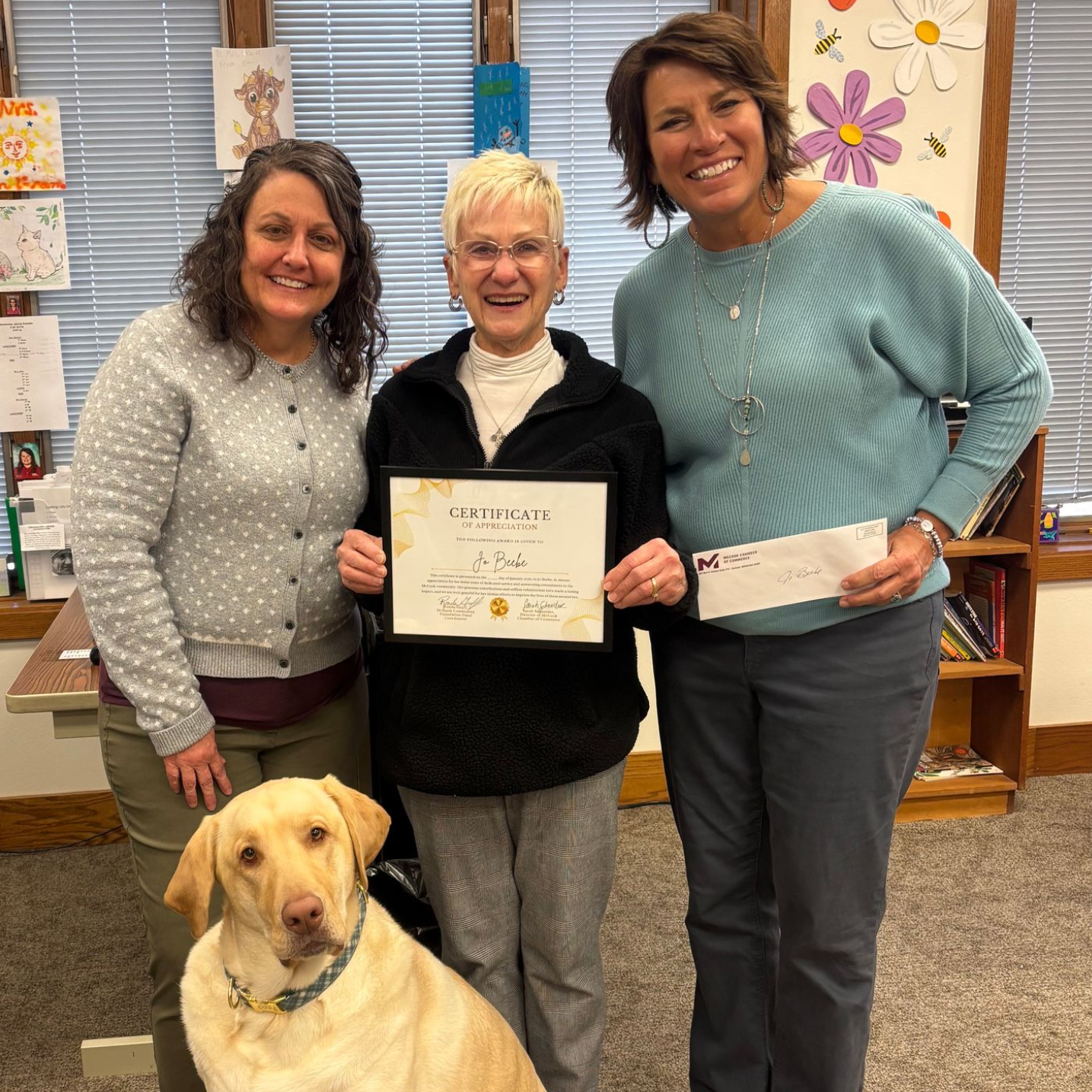
To kick off the new year, Jo Beebe has been selected as the January 2026 McCook Volunteer of the month. While many people might know Jo for her years at the Sports Shoppe, she can be found giving hours of her time to the community, especially at St. Patrick Church. Whether during the weekly Mass or for a funeral or wedding, Jo shares her beautiful voice from the choir loft, as well as leading the choir members. Jo, along with her husband Harold, also has served as the St. Pat’s GALA host couple in the past and continues to help with set-up and cleanup of the annual event. Jo is also active with the Fall Festival, the Rosary Rally and the Wild Game Feed in Curtis every year. She attends every the Order of Christian Initiation of Adults class and helps students prepare for confirmation. And since retiring from the Sports Shoppe, she is active in the Altar Society, and volunteers at the Bargain Bazaar thrift store. According to her nomination, “The way Jo gives of her time and talents to our parish and community is a reflection of her faith,” and the community and the church are better because of her generosity. The McCook Philanthropy Council selects the monthly recipient for the McCook Volunteer of the Month award as part of the McCook Community Foundation Fund’s McCook Volunteer program. If there is a volunteer in the community who should be recognized, please contact the McCook Chamber of Commerce at 308.340.3200 or visit McCook Volunteers on the MCFF website, mccookfoundation.org to complete a nomination form. The only requirement is that the nominee must be a resident of McCook or Red Willow County. Please have information about the nominee along with where and how they volunteer in the community.

